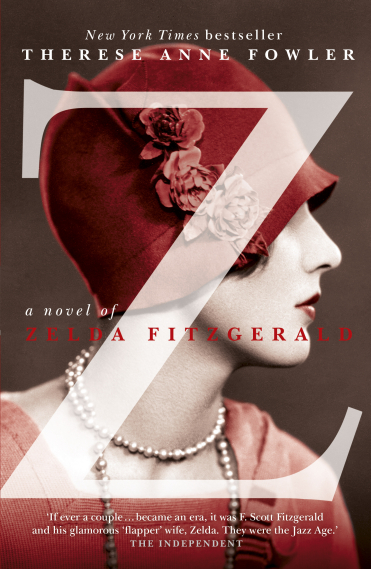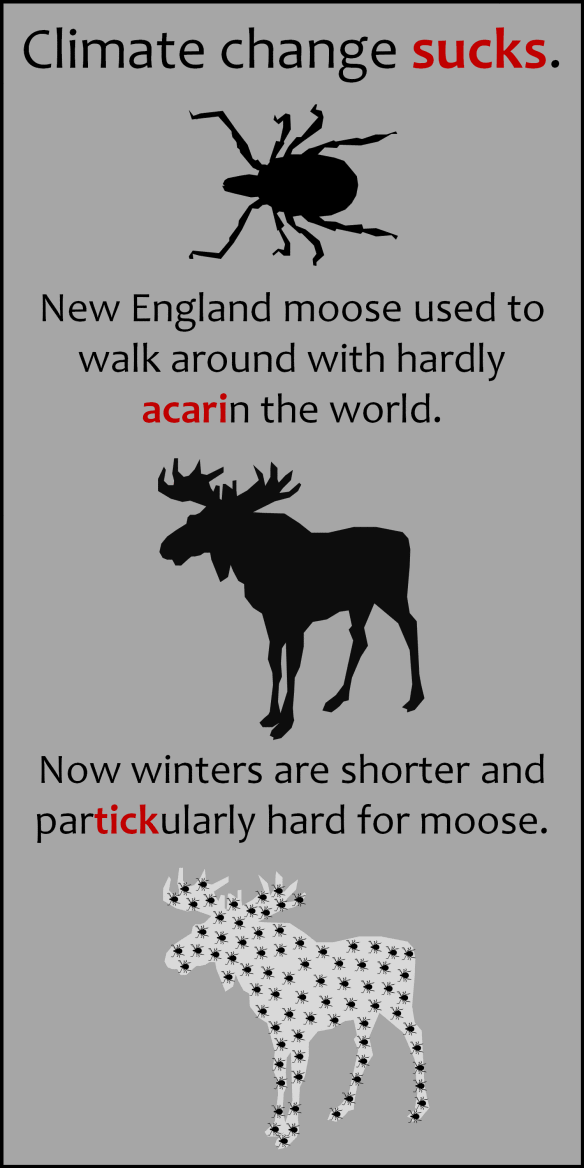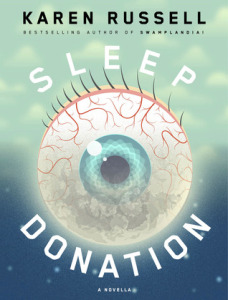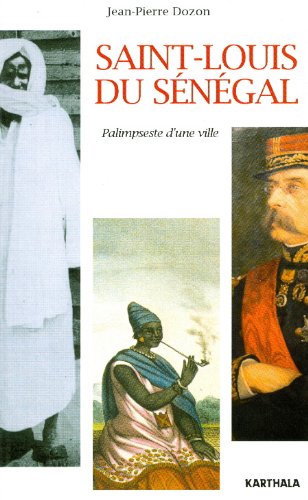The Castle by Franz Kafka is talked about as a deathly serious novel contemplating alienation. Or that which, at the time, explored a pressing anxiety of new kinds of ruling hierarchies holding the same kind of power nobility held without traditional orders of birthright. It was prescient, maybe. Many see the novel as a predictive model of life under repressive regimes. Others see the banalities and inefficiencies of bureaucracy.
K., a land surveyor, or so he says, tries his damndest to work and integrate into a town and culture that wants absolutely nothing to do with outsiders. Why does he do this? It’s never stated, so his motive seems to be of insatiability and selfishness. If he can or wants to do something, if he is a free man, nothing should come in his way.
But the locals won’t receive him. The officials tell him, in terse ways, that he should just go home. There’s no work for him. Any appearance of an appointment was a mistake, or not really a mistake, because they never make mistakes, but a misunderstanding all the same. K’s undecided status is leveraged as he tries to find a place to live and work. People take bets on him, because if he is a castle official, they will rise in popularity and influence within the village. K is paranoid of being used, of his potential, and the cruelty apparent of people he sees as yet justly ambitious. It’s unclear if his perception of the world is true. There’s enough in the narrative that points to people being attracted to his apparent strangeness, his foreignness; what appears to be conspiracy may be a coincidence of feeling.
Kafka was one of original modernist writers. I mean that The Castle is filled with intentional ambiguity. When it comes to The Castle I think of it like a rorschach: the castle and their officials are an intimidating, organized coalition of men, of which there are many real life protected and sinister orders. God and church, fascism, neoliberal bureaucracy, they overlap like this.
Well, discussion of the novel centers its ambiguity as a universality, which is a pretty annoying, academic cliche. It’s an observation with no substance. Anything will be interpreted, changed by its viewer or audience. All has elements of ambiguity. If that’s the category of “universal,” it’s an empty one.
Besides the great author narrative, there’s also talk on how “Kafkaesque” his own god damn novel is. Can a Kafka novel actually be Kafkaesque? I guess it’s a funny supposition, maybe in good humor considering the subject matter. The book is no serious rumination on its topics. I was surprised at how blatantly humorous or satirical many of the scenes were.
A lot of the material wouldn’t feel out of place in Gintama, especially the too long monologues detailing complicated reasons and motivations for doing either innocuous or incredibly useless things. Like Gintama sometimes there’s drama in this, there’s poignancy and reflection, but most of the time it seemed like Kafka was taking the piss.
Anyway, of course I have a reason for namedropping Kafka. What Makes You Tick: A Stitch in Time (a very videogames title) pays homage to The Castle in very direct ways. Nigel, the player character, comes to the town Ravenhollow as a stranger who underestimates the local castle and their officials. He challenges and flaunts their ways and is punished as a result. Unfortunately, he finds that he needs the castle’s approval to resolve the affairs of his deceased father’s estate. Ravenhollow is ruled over by the Baron Northwest; the village in The Castle by the Count Westwest. This reference too deliberate for the similarities to be coincidence. I found out later on the Lassie Games website they really were referencing The Castle deliberately.
Characters speak frankly and have their goals and motivations clearly laid out from the outset in What Makes You Tick. Major plot points are guarded, gradually foreshadowed, to a healthy climax. Quirky setting and videogame-borne subplots aside, major events develop rather typically for a science fiction thriller. These are not criticisms—tropey structures are such because they work—but are very much the opposite of The Castle. Point-by-point, in the aforementioned novel, characters aren’t what they seem, whatever is there of a major plot changes between chapters, and from structure to prose the novel tries to defy styles and conventions of the time to reach a specific feeling.
I felt smug, snide on some level, thinking about how meager this narrative adaption is. I huff, this game dares to lift from Kafka, etc etc, while being not much more than a by-the-books point and click adventure. Far from being “Kafkaesque,” far from being anything modernist, absurd, or surreal. It’s quaint. I felt an edging opinion of videogame inferiority, on a somewhat basic level: the inability to leverage, or to strain the boundaries of conventional design thought, in order to express something outside of the norm.
I mostly don’t like this style of game either. The modern European point and click is often too adult to be considered a children’s game, yet tied together by a overpowering desire for childlike comfort. Situation drama is sanded off to be frictionless, the art is overtly pleasing, whimsical, picturesque, and every other beat is some kind of joke. It’s like a collective movement to redesign whichever appealing childhood memories, though for an unclear audience, because they make games children couldn’t or wouldn’t play.
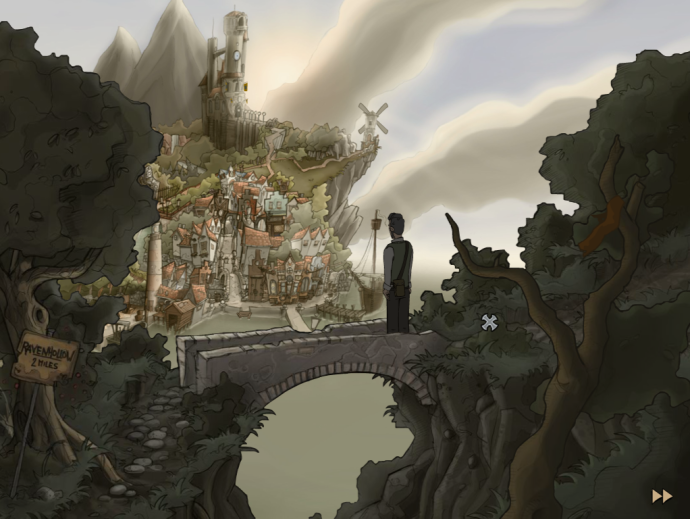
Nevermind that I’ll always be awful at object puzzle games and find the style of play on some level unbearable. Maybe what’s “Kafkaesque” is the adventure game loop. Wandering around, forced to mutter to oneself about every inconsequential object in sight, pockets filled with literal garbage. Everything found must be mashed together or thrown at other things in vain. Where a stray shoelace or hidden pair of tweezers stands in the way of settling the protagonist’s relationship with their father, even saving the world. It’s kind of funny there will always be videogames like this. The more literate or challenging in their genre an adventure game gets, the farther they drift from making any kind of sense.
What Makes You Tick is very complicated, with a night and day version of every scene, hidden time advancement, and long conversation trees that can trigger other events. Some things that can be found in early screens will be needed at the end. Goals are seemingly open ended—Nigel is told to find nine insignia rings without any other guidance—but certain completions open up other solutions, so the where and what of player action is utterly opaque. I would conclude, this is why I consider the game very challenging, but I don’t have a great frame of reference, because I struggle with simpler object puzzle set ups. It does have me feeling lost in potentialities, like I’m ever close but not quite holding the thread, like I could’ve missed something right in front of me, like I’m not taking the people or place seriously enough. I was being flippant before, but there’s something to feeling like a point and click is an exercise in futility.
I’ve had time to think about this too, how the actual play experience of these types of games contrast with their written narrative. Game criticism has been comfortable dividing up elements of a game, like, the puzzle element is a vehicle for the “fun” and “challenging” texture, and the player is rewarded with an engaging story. They’re related, and run parallel, but ultimately function as things developed side-by-side with different goals. I think that only works if someone is really only invested in one or the other. Like if I was just interested in the story, of course this is how I’d describe it, with an implication that puzzles are an awkward hook that a traditional style of games haven’t outgrown.
That’s not how I want to examine a videogame. I could leave it at the next logical step, the furtive (not really a thing) “Ludo-Narrative-Dissonance.” These mechanics could drive a story of alienation, but the narrative is too invested in being sensibly humorous to let any ambiguity seep in. Call What Makes You Tick a bad interpretation of Kafka and pack it in.
While that’s somewhat true to my analytical method, or whatever, that isn’t really true to my feelings. What I expect from a game, what I want from a game, and what I get from a game, are constantly pulling each other. Often, they end up in different corners, and that’s fine. And of course my writing will fall into some kind of box, I have to have some kind of frame of reference for success, but when appropriate I want to avoid creating a binary relationship between expressed concepts, and especially I want to avoid appealing to a game’s marketing. (Though, sometimes a binary is useful when interrogating an object’s politics).
In The Castle, officials were esoteric, unreachable, governed by laws and rules outside of K’s reality:
No one has ever yet discovered the rules governing that change. At times they will all be driving along one road at eight in the morning, then half-an-hour later they will all be on another road, ten minutes later they’ll be using yet a third, then half-an-hour later they may go back to the first road and that road will be in use all day, but every moment there is the possibility of a change.
In What Makes You Tick, the aims and systems of the castle officials are pretty obvious. They overtax, confiscate people’s livelihood, make parts of the town and castle off-limits to the unapproved, and hold obvious disdain for the populace. Rather than a distant, obscure governing body, they’re everywhere in the town’s lives, intruding and exploiting their allowance to the baron’s right to rule. Overpolicing, crony capitalism; fascism, by any definition.

Nobility and reverence of officials leads to a cult of personality generated by the average person’s distance and occlusion from their governing body. This relationship tends to conjure an image of fascism in The Castle. However, as often as they do not, the officials act in a way that justifies attitudes of a more incomprehensible awe and fear. But I wonder what value there is to interpret a undefined governing body like this. An empty, mostly validating container, as an enemy to my values. It’s like jumping at my own shadow. I guess the “moral” as it were is that people wouldn’t know their regime is bad for living if it’s good to them, something like normalization.
If anything the danger is “the cult of personality” in abstract, though it’s really not so dangerous in the novel, not nearly as dangerous as the protagonist’s ego. Some officials are clearly not good people, but they’re not punitive either. It’s basically posed that the problem is of a culture that protects the whims of the government over their own interests. It reminds me of how quickly religious cultures shun families for transgression. It also places the responsibility of a too-powerful government on its people. Basically, this portrayal of absolute servitude without motivation or comprehension from the people who enact it, is better as a metaphor, than a model, because the model sows distrust.
Which compounds how odd it is to adapt The Castle into a lighthearted adventure game format. Undefined metaphors aren’t useful, a game like this needs a tempo of clarity and resolution. I think What Makes You Tick echoes other themes from the novel: alienation from peers and culture, an irreproachable distance from loved ones, and the drawbacks of putting personal ambition over compassion for other people. Because The Castle was never finished, K never gets close to resolving any of these.
The portrayal of fascism in What Makes You Tick allows for obvious value judgement. They’re evil, from their individual characters to the actions of their regime. Nonetheless, they are stupid, motivated by cruelty and greed, and are simple, easily ousted and betrayed at the end of the story. They’re not harmless, and they’re not brushed aside, they’re done in by trust in technology they never had a handle on.
What Make You Tick has a stereotypical mad scientist villain, named Vincent, who is trying to take over the world or something. It’s him who assembles this little fascist regime in order to utilize the town’s resources to explore their research facility he used to be a part of. It’s not entirely clear what exactly was developed by their research that would enable domination, but it’s grave enough for other surviving members of the institute to try to stop him. Betrayal, murder, theft, no transgression stands in the way of Vincent securing a right-to-rule based on his belief of being a superior kind of human.
Though Vincent’s desire is painted obviously, with no hang-ups, as a destructive obsession, it arguably doesn’t overlap much with K’s obsession to assimilate into the town and reverse the disrespect he experienced. Though K’s stubbornness does come at a net drain for those around him, it’s a noble goal to seek proper employment, at least for the sake of his own pride, his own sense of dignity, and most importantly his just survival. K’s struggle at all costs, any sacrifice of relationships or the wellbeing of others permitted, is what is misguided and harmful, not necessarily the goal itself. It’s not that what he wanted was wrong, it’s how he went about it.
Vincent, comparatively, doesn’t have character traits or motivations besides being cartoon evil. Even as he is symbolic for fascist attitudes still not defeated (in a convoluted fashion, he avoids punishment at the end of What Makes You Tick), no part of him is humanized, and so no part of him is convincing. A bit of a lacking element all around, honestly. Or rather, unlike The Castle, it’s not the obsession itself that does him in, it’s that plain fact his goal is monstrous. Positive connections between people are made effortlessly in this game, while nothing unkind feels organically perpetuated. Like nothing but ideal goodness and the stupidest evil is permitted in their idyllic storybook.
The protagonist for What Makes You Tick is Nigel, a twenty-something college student, who ends up having to understand and assimilate slightly with a culture he’s not used to. Nigel, as surrogate for his father, Anthony, is able to connect with various people in a small town markedly different than where he’s used to living. Anthony dedicated himself to his work and lost things as a result. Including his relationship with his son and family. His existence clouds over Nigel at times, like a part of himself he can’t reach or understand. Like an id he has to work to suppress and can’t. Exploring his father’s research and the love his colleagues had for him allows Nigel to understand himself.
Behavioral tells are exaggerated to paint Nigel and his father as being similar. Though Nigel is bridged by a need of resources and information, he still helps and finds common ground with kindly people. This is a subtle triumph of character as his father was considered distant and strange by the village-people. The alienation happens in the past in What Makes You Tick, and is resolved so simply that it’s felt to be a kind of issue that can only exist if given power. Surely people are likable, if they’re only given room to be liked.
When Anthony is introduced into the story, he collapses onto the ground and sobs. His lost time and absence was metaphorical to his emotional state. Okay, I just wanted to say something cheesy like that. This vulnerability and ceding of control is the flat opposite of how K acts in The Castle. Whenever it’s obviously apparent K’s behaviour has been pushing people away, or has been manipulative, he says everyone is being unfair, or hasn’t considered his point of view, or is overreacting. Regardless of the situation, he can neither reciprocate or fully admit he was wrong.
I found K’s emotional inability the principle conflict in The Castle. He was so driven to win out, or act as he thinks a man should, that he repeatedly alienates anyone who offers shelter, support, or love. Whatever similar inability exists as something that was done in the past and will remain gone in What Makes You Tick. When it can be resolved, it is done so immediately, without platforming or glorifying masculine distance or entropy. Because Nigel’s father feels so at fault for everything, he his break down. And he’s not forgiven in the moment. Others help and make up for his mistakes, then he makes genuine effort to be a part of Nigel’s life. Not for penance, but to be there.
I found What Makes You Tick pleasant to play, despite my normal difficulty with the style. I was further surprised at how incredibly well its optimism landed, thanks to how fleshed out and well-connected its cast is. Even if its central plot and conflict end up pretty weak. But I think a game where more time is spent solving problems than watching cutscenes manifests around its being of and in a place, so world and set building, and other things like that, are actually more crucial than an engaging story.
As an adaption of The Castle, I want to reiterate that What Makes You Tick is obviously terrible. Maybe instead, though, it fulfills a more interesting role. The Castle, being a work in progress when Kafka died, will never be finished. Every tension in the novel will go unresolved. A hack in the future may try to justly end the novel, but regardless, the only way to reckon with it is to add to it. What Makes You Tick doesn’t exactly remediate, complete, or reconcile anything put forward by the novel. It does complete a strange catharsis by resituating conflicts, problems, and themes from The Castle into the point and click videogame’s safe, humanistic, nostalgic, and overly pleasing container. Kafka’s neuroses and fears are easily ousted. And so the two works accompany each other in a strangely apt way. Kafka’s skepticism and weariness plots a sardonic course for life itself; Matt and Greg’s effortless portrayal of living does not yet negate that apprehensive approach, they just gently show there’s still goodness to the human condition.
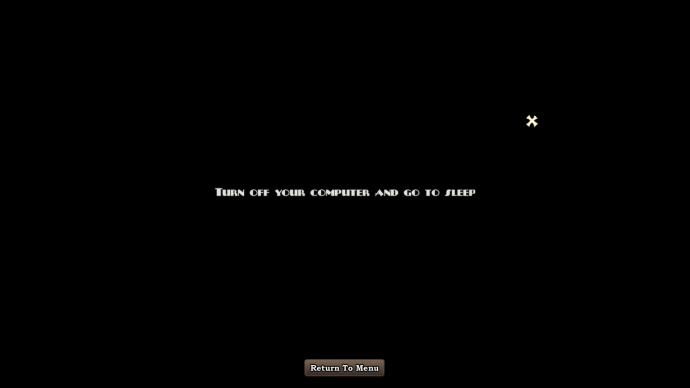
what makes you tick was initially a commercial videogame, but is now freely distributed by its developers, and can be found here. (it is a series of two games, this essay ignores the first because it’s really middling).
Advertisements Share this: